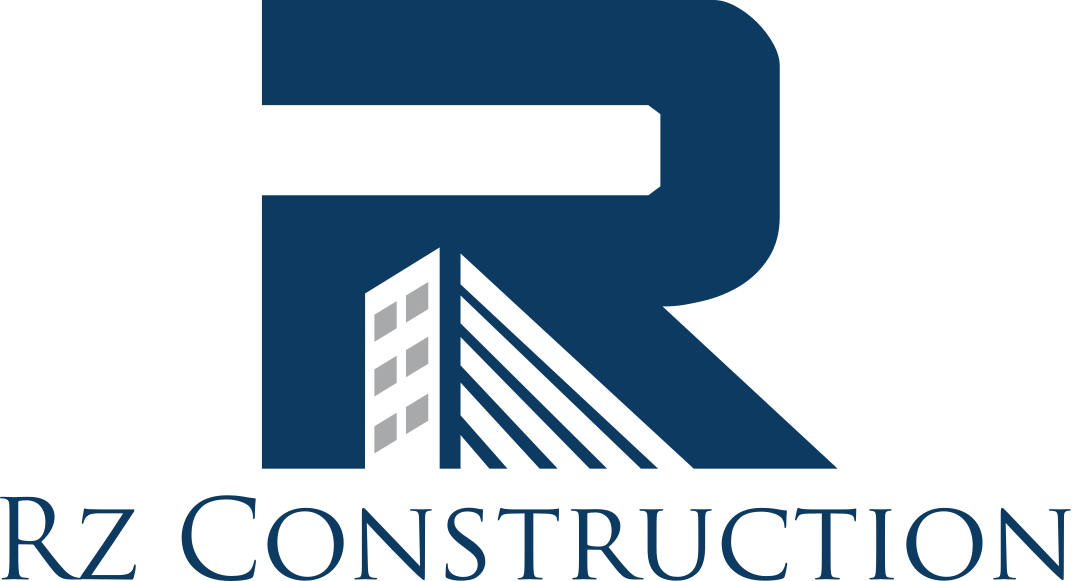Building a home from scratch, whether you do the work yourself or pay a construction company to build it for you, can be an exciting prospect, and it’s easy to let your imagination run wild when designing the perfect home. However, as exciting as building your home may be, it’s important to pay close attention to all rules and regulations before, and during construction, and below are 5 of the most important laws to abide by:
- Lot approval
Just because you own a plot of land, doesn’t mean you have free rein to build whatever you want on it. Firstly, search online to find out where the property records are, and then ensure that your parcel of land is an approved building site by checking the parcel map and finding your APN number.
2. Zoning
All zoning information is available to the public, and shows how land can be used and what type of building is allowed to be constructed on it. Locate the zoning information pertaining to your parcel of land, and check there are no restrictions or regulations in place that might prevent you from building there, before you seek permission.
3. Ordinances and covenants
Local ordinance rules and regulations have the ability to seriously hamper a construction project, and should always be checked along with gaining the appropriate permissions, before any construction work commences. Information pertaining to local ordinances and covenants can typically be found in the town’s city hall or mayor’s office, department of housing or other local government offices.
4. Building codes
Dealing with the physical structures on the land and details of the structure, building codes are different to zoning laws, and are a standard covered under the International Building Code (IBC). If the area in which you plan to build your home uses the IBC, you’ll need to make sure that every aspect of the project meets all relevant codes included with the IBC. If you’re working with a construction company, then they should take care of this for you.
5. Permits and plans
All building or remodeling work requires a building permit, and you must submit your plans to your local code office for approval. Including structural drawings, measurements and floor plans, you must also show them an elevation view and what materials you plan to use for the exterior of the property. Again, if you’re working with a construction or remodeling company, they will help you with this.
Generally, multiple permits are needed for different systems during the construction of a home, such as electrical, mechanical, plumbing and even grading permits, but a responsible general contractor will ensure that these are all intact before any work gets underway.
Skipping any of the requirements listed above when constructing your own home is never advisable, and could result in a project being halted, or a structure being demolished once constructed. Abide by the rules and there’s no reason why you can’t build yourself an incredible new home for you and your family to enjoy.
